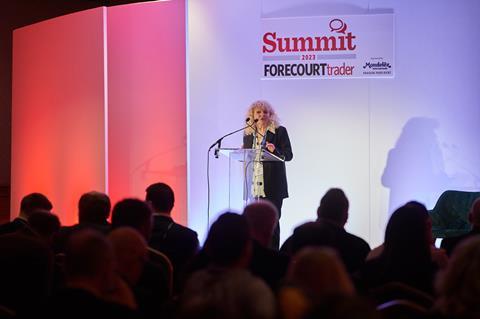
MFG’s strategy towards EV charging was revealed as part of a wide-ranging key presentation by its chief executive William Bannister at the Forecourt Trader Summit 2023 yesterday.
In a video filmed at its Putney site, which won this year’s the Forecourt Trader of the Year Award, he said: “Our philosophy is really simple about EV. Eleven years ago we never thought we would be selling electricity. But in reality we are a retailer. We are selling food and fuel and items our customers needs, so as the fuel source changes we want to be there for our customers during that transition.
“It’s a simple concept, we believe fossil fuels, by necessity, will be here for many years to come, but at the same time we need to provide facilities for our customers who want to transition.”
He said the Putney site was an example where there were separate forecourts for EVs and for fossil fuels and eventually there would be a crossover where MFG would take out fossil fuel and only do EV charging.
Bannister said that also supplying fossil fuels meant that unlike other chargepoint operators MFG was agnostic because it could grow or shrink its EV offer at the same pace as the market changes. He explained: “All of our investment is done out of free cash so that means we can go as fast or slow as the market demands and we are not expecting a return on this tomorrow although I can tell you there are very profitable sites if you do them properly in the right locations.”
He said the company has assessed its network and believed at least 700 of its 900 sites could take duel fuel straight away. However, getting the infrastructure in place is a time-consuming business and out of 250 sites where it is actively planning to install chargers, about 350 chargers and 50 to 60 sites will be completed in the next year.
He continued: “We are working through those sites in a logical order so that in urban areas where you’ve 60-70% of all households don’t have on-street parking, we are concentrating on those areas first – London, Birmingham, the metropolitan areas – and on trunk routes and our strategy is to do hubs. There is no point in having a fantastic super-fast charging Tesla if you are third in line for the only charger, so we are re-creating the same forecourt experience.
“Multiple chargers with uptime and these are well-lit facilities. They are safe at night, unlike other chargepoint operators. Another problem people have had with EV charging is that they are not reliable because people haven’t maintained them – they are at the end of a car park somewhere. But we are a retailer and I can tell you now that all of our sites, as of last week, have over 98% up time, and we measure the uptime on our chargers like we do on our coffee machines, our pumps, our valeting equipment, so we are there to serve the customer 24/7.”
He added: “In these urban areas we are at maturity within about a year. There’s demand in the right location, and what we’ve learned is it’s got to work. If you go to a petrol pump you expect get your fuel, go to the shop and get on with your life. This is for real people in real time.”
However, he acknowledged that such investment would not be appropriate for some sites, saying: “It is profitable. That [the Putney site] is making me money and we can see how much we are making. However, it does cost a lot of money so if you are looking at a small independent garage which isn’t in the right location, spending £1m on that is probably not what they want to do, and there will be challenges ahead for those smaller operators.”
Bannister also suggested MFG would be prepared if demand for hydrogen as a road fuel ever develops. He said: “We already pump an explosive product from underground or above ground so that means we can amend our infrastructure in the years to come should hydrogen become a chosen fuel source. It’s like VHS and Betamax if you are old enough to remember that in the sense that Betamax, like hydrogen, is probably a better product in the long term but VHS was easier to do, like electric.”
Other presentations included:
- PRA executive director Gordon Balmer: leading the fight on behalf of independent fuel retailers;
- Elizabeth de Jong, chief executive UK, UKPIA: a view from the fuel producers on what the latest policy announcements mean for the sector;
- Steve Rodell, managing director, retail, Christie & Co: who believes that the upcoming ban on the sale of petrol- and diesel-engined vehicles is going to be a mess but it’s good news for today’s forecourt operators;
- Robert Onion, chairman of retail brand and design consultancy Circle Brands: with his thoughts on retail concepts such as how to migrate a traditional fuels brand to become relevant to new consumers and EV drivers;
- Aoife Kearney, food concepts manager, The Maxol Group: the company’s evolving food offer;
- Brendan Bilton, co-founder and CTO, Element 2: on hydrogen developments in transport and the fuel retailing sector;
- James Whale, head of strategy & communications at VEPower: explaining the workings of the world’s first autonomous grid-free EV charger and the opportunity it presents for forecourt retailers; and
- Megan Thresher, insight manager, Lumina Intelligence: a topline view of consumer behaviours and key trends in forecourts.
More coverage on all the presentations and the video by William Bannister will follow.






















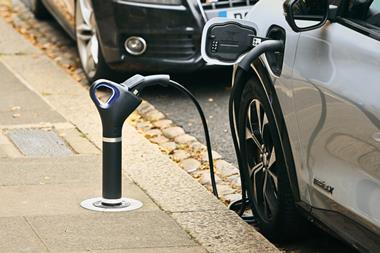
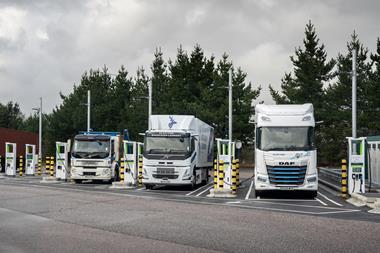
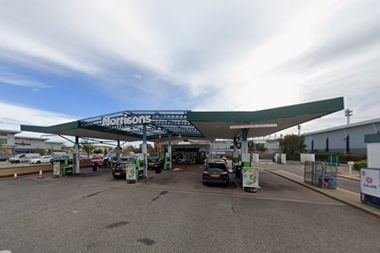

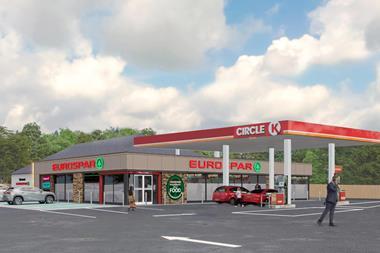

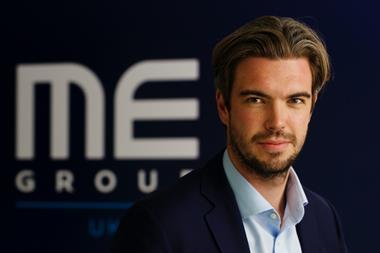


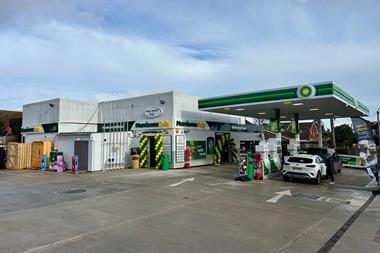
No comments yet